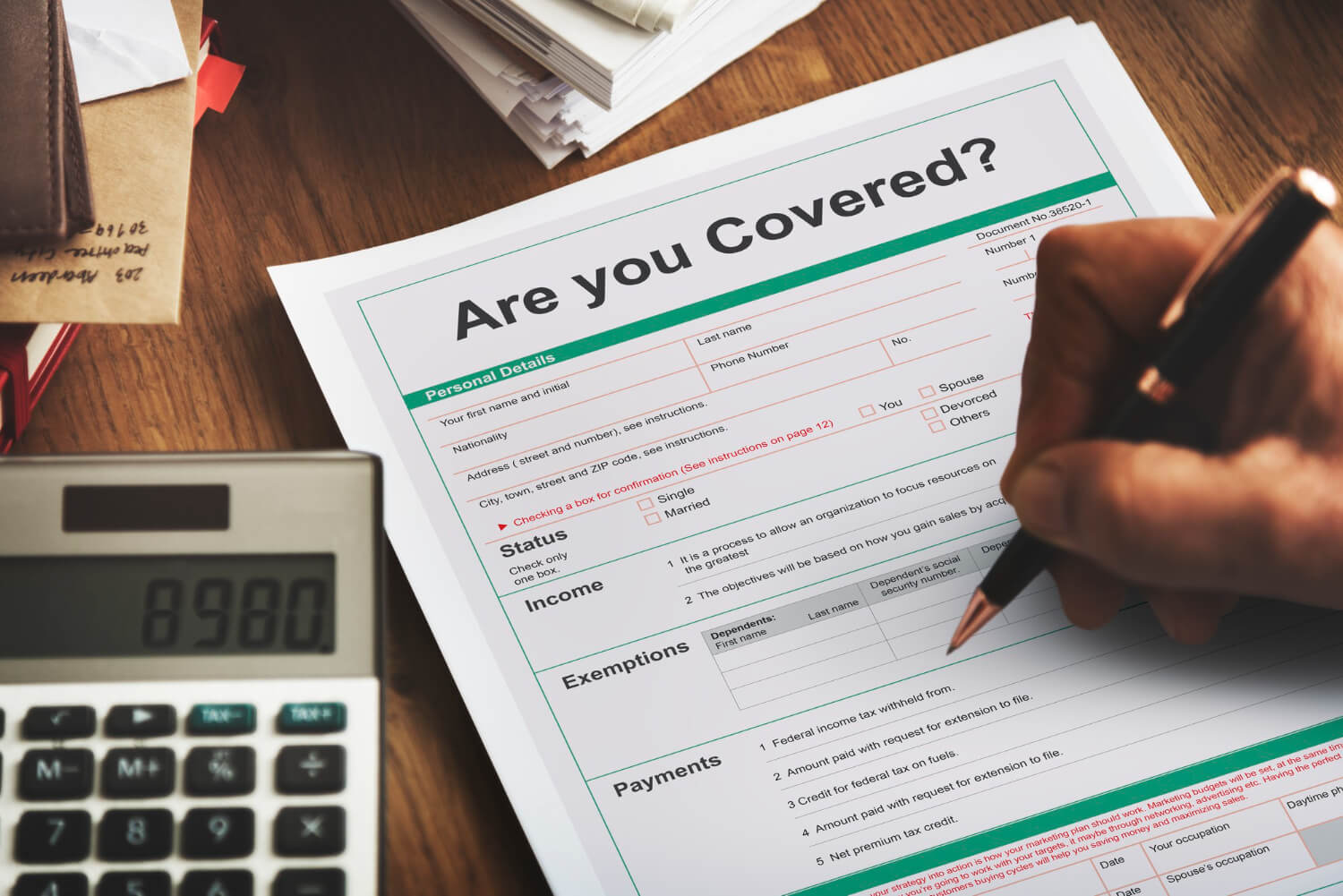
In the realm of insurance, understanding the concept of a deductible is crucial. Whether it’s for health insurance, auto insurance, or homeowner’s insurance, the deductible plays a significant role in how your coverage functions and what expenses you may be responsible for. Let’s delve into what an insurance deductible is, its importance, and how it impacts your coverage.
What is an Insurance Deductible?
An insurance deductible is the amount of money you, as the policyholder, must pay out of pocket before your insurance company begins to cover eligible expenses. It serves as your financial responsibility in the event of a claim. Deductibles can vary depending on the type of insurance policy you have and the terms outlined in your contract.
Importance of Understanding Deductibles
Understanding deductibles is vital for making informed decisions when choosing insurance plans and managing your finances. By knowing how deductibles work, you can select a policy that aligns with your budget and risk tolerance.
Types and Categories
Different insurance policies have varying types and categories of deductibles. Let’s explore some common classifications:
Health Insurance Deductibles
In health insurance, deductibles can be applied on an annual basis or per incident. Annual deductibles require you to meet a set amount of expenses within a calendar year before your insurer starts covering costs. On the other hand, per-incident deductibles apply to each separate medical issue or treatment.
Auto Insurance Deductibles
Auto insurance policies often feature deductibles for both comprehensive and collision coverage. A comprehensive deductible applies to non-collision-related damages, such as theft or vandalism, while a collision deductible covers damages from accidents involving your vehicle.
Homeowner’s Insurance Deductibles
Homeowner’s insurance typically includes deductibles for property damage and liability claims. Property damage deductibles apply to incidents like fire or weather-related damage to your home, while liability deductibles pertain to legal expenses resulting from lawsuits filed against you.
Symptoms and Signs
Understanding the symptoms and signs of insurance deductibles can help you recognize when they come into play:
Out-of-Pocket Expenses
One common symptom of having a deductible is the need to pay out of pocket for covered expenses until you reach the deductible amount.
Lower Premiums
Policies with higher deductibles often have lower monthly premiums. While this can save you money upfront, it means you’ll have higher out-of-pocket costs if you need to file a claim.
Claim Denials
If you file a claim that doesn’t meet your deductible amount, it may be denied, and you’ll be responsible for covering the entire cost.
Causes and Risk Factors
Several factors influence insurance deductibles:
Policy Type
Different types of insurance policies, such as high-deductible health plans or low-deductible auto insurance, have varying deductible structures.
Coverage Limits
Insurance policies may have maximum deductible amounts, beyond which the insurer assumes a larger portion of the expenses.
Personal Preferences
Your risk tolerance and financial situation play a significant role in determining the deductible amount you’re comfortable with.
Diagnosis and Tests
Determining your insurance deductible involves careful examination and consideration:
Policy Review
Review your insurance policy documents to understand the specific deductible amounts and terms applicable to your coverage.
Consultation
If you’re unsure about your deductible or how it applies to your situation, consider consulting with your insurance agent or broker for clarification.
Comparison Shopping
When shopping for insurance policies, compare deductible amounts along with premiums and coverage limits to find the best option for your needs.

Treatment Options
Managing insurance deductibles requires proactive measures and financial planning:
Emergency Fund
Maintain an emergency fund to cover potential deductible expenses in case of unexpected events or accidents.
Negotiation
In some cases, you may be able to negotiate deductible amounts with your insurer or explore options for installment payments.
Savings Strategies
Explore savings strategies such as health savings accounts (HSAs) or flexible spending accounts (FSAs) to set aside funds for deductible expenses on a pre-tax basis.
Preventive Measures
While you can’t always predict when you’ll need to use your insurance, there are steps you can take to mitigate risks:
Routine Maintenance
Regular maintenance and upkeep of your property or vehicle can help prevent costly damages that may require filing insurance claims.
Health and Wellness
Prioritize your health and well-being through preventive measures such as regular check-ups, exercise, and a healthy lifestyle to reduce the likelihood of medical emergencies.
Risk Management
Identify potential risks in your environment and take proactive steps to minimize them, whether it’s installing security systems or practicing defensive driving.
Personal Stories or Case Studies
Real-life examples illustrate the impact of insurance deductibles on individuals:
Maria’s Story: Health Insurance Dilemma
Maria opted for a high-deductible health plan to save on premiums but faced challenges when a sudden illness resulted in significant out-of-pocket expenses. She learned the importance of balancing premiums with potential deductible costs.
Javier’s Experience: Auto Insurance Claim
Javier’s auto insurance deductible seemed manageable until he was involved in an accident that required extensive repairs. While he was relieved to have coverage, he realized the financial impact of his deductible.
Expert Insights
Medical professionals and insurance experts offer valuable perspectives on managing deductibles:
Dr. Smith’s Advice
“As a physician, I often see patients who struggle to afford their medical expenses due to high deductibles. It’s essential for individuals to understand their coverage and plan accordingly to avoid financial hardship.”
Insurance Agent Tips
“From an insurance standpoint, I advise clients to carefully assess their deductible options and consider factors such as their financial stability and risk tolerance. Balancing premiums and deductibles is key to finding the right coverage.”
Conclusion
In conclusion, understanding insurance deductibles is fundamental to making informed decisions about your coverage. By knowing how deductibles work, the types of expenses they apply to, and strategies for managing them, you can navigate the insurance landscape with confidence and financial prudence.












